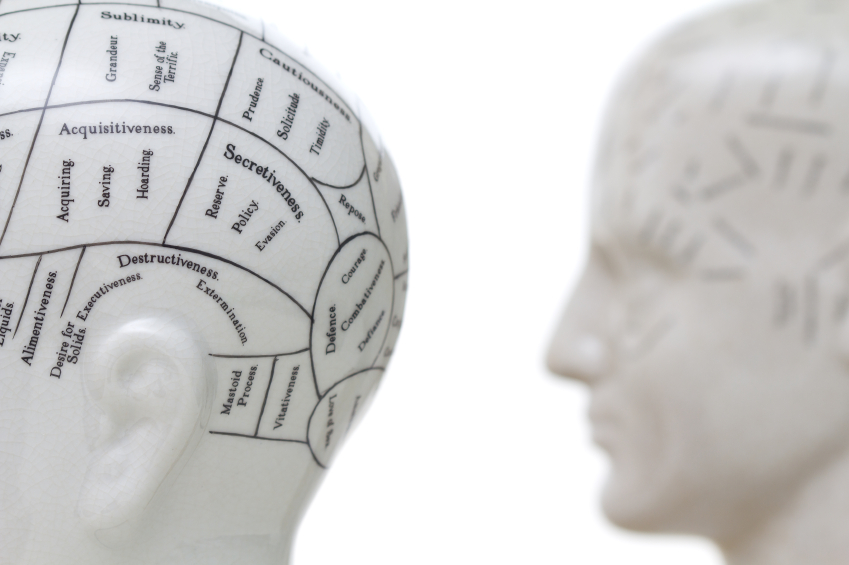The summer holidays are over, it’s ten weeks since the referendum, but many people still feel strongly about the result. Recent demonstrations from disappointed Remainers and a petition calling for a second referendum keep the argument going.
Even those who voted Leave may be anxious about the future. Families, friendships, workplaces and communities are experiencing disagreement and sometimes hostility.
Perhaps the hardest thing to bear is the uncertainty. We’ve never been here before as a country; our new leaders are having to make decisions on the hoof. The unexpectedness of the result, and the dire warnings that preceded the vote about the implications of Brexit, have been profoundly unsettling – even though mercifully these don’t seem to have come to pass, at least not yet. Many people, whatever their views, just want the government “to get on with it”.
Of course individuals, families, companies, communities and countries do find ways of coping with shocks and potential threats. Our ancient fight-or-flight responses are activated; we plan for the worst.
Even after the initial shock has subsided, many people are still reacting emotionally to what has happened. Whilst understandable, this is not conducive to calm decision-making. We want answers, and we want them now, to allay our worst fears. What we should want, of course, is the right answers (or at least well-thought-through, credible solutions), not just quick ones.
We need to find for ourselves an emotionally intelligent response to the situation. Here are four emotionally intelligent things we could do to help:
- Control our impulses – try not to make rushed or panicked decisions about our futures, and curb the impulse to judge others for how they voted; avoid speculating anxiously about the future.
- That doesn’t mean we should just stop talking about it – far from it; practise the art of communicating assertively, discussing feelings, beliefs and thoughts openly and defending others’ rights to do the same, whilst avoiding aggressive or destructive behaviour.
- Walk a mile in others’ shoes: empathy is the cornerstone of emotional intelligence, so try to understand others’ perspectives and show you have understood them. This is especially important when so much has been said and written about the startling differences in attitudes between different nations, regions and especially generations.
- Finally, work at staying optimistic. We’ve heard so much about worst case scenarios; if we plan for them, we make them more likely. Now is the time to define some good outcomes, and work together to achieve them.
For more thoughts on developing your Emotional Intelligence, Click here…
Authored by Marion Fanthorpe













